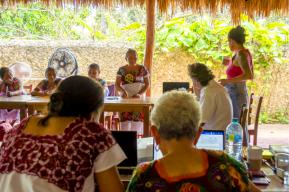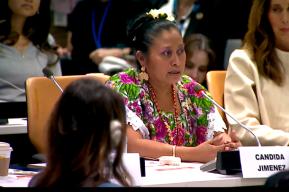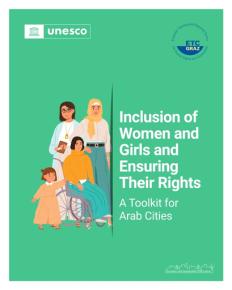
International Women's Day
In 2024, UNESCO joins its voice to that of the entire UN family by celebrating this International Women’s Day under the theme “invest in women: accelerate progress”, which is aligned with the priority theme for the 68th Session of the Commission on the Status of Women (CSW-68).
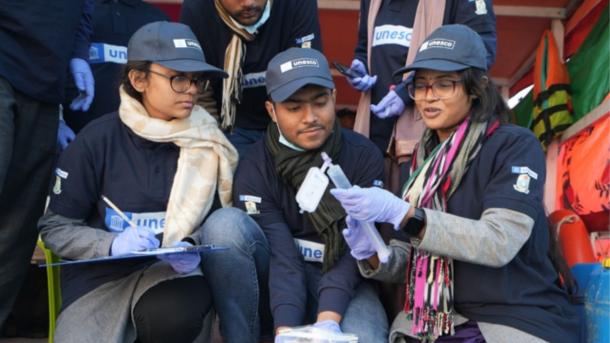
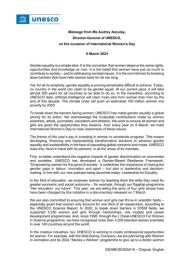
Priority Gender Equality
UNESCO believes that all forms of discrimination based on gender are violations of human rights, as well as a significant barrier to the achievement of the 2030 Agenda for Sustainable Development and its 17 Sustainable Development Goals.
Our message is clear: women and men must enjoy equal opportunities, choices, capabilities, power and knowledge as equal citizens.
Equipping girls and boys, women and men with the knowledge, values, attitudes and skills to tackle gender disparities is a precondition to building a sustainable future for all.

News and Stories
History of International Women’s Day
In 1945, the Charter of the United Nations became the first international agreement to affirm the principle of equality between women and men. The UN celebrated its first official International Women's Day on 8 March during International Women’s Year in 1975. Two years later, in December 1977, the General Assembly adopted a resolution proclaiming a United Nations Day for Women’s Rights and International Peace to be observed on any day of the year by Member States, in accordance with their historical and national traditions.
International Women’s Day first emerged from the activities of labor movements at the turn of the twentieth century across North America and Europe. The first National Woman's Day was observed in the United States on February 28 1909, which the Socialist Party of America dedicated in honor of the 1908 garment workers' strike in New York where women protested against harsh working conditions. In 1917, women in Russia chose to protest and strike under the slogan "Bread and Peace" on the last Sunday in February (which fell on 8 March on the Gregorian calendar). Their movement ultimately led to the enactment of women’s suffrage in Russia.
International Women's Day is an occasion to celebrate the progress made towards achieving gender equality and women's empowerment but also to critically reflect on those accomplishments and strive for a greater momentum towards gender equality worldwide. It is a day to recognize the extraordinary acts of women and to stand together, as a united force, to advance gender equality around the world.
Women4Ethical AI
UNESCO's Women4Ethical AI leverages the knowledge, contribution and networks of leading Artificial Intelligence (AI) experts to advance gender equality in the AI agenda. This new multi-stakeholder collaborative platform supports governments and companies’ efforts to ensure that women are represented equally in the design, use and deployment of AI, and to promote trustworthy, gender-friendly and inclusive AI systems.




